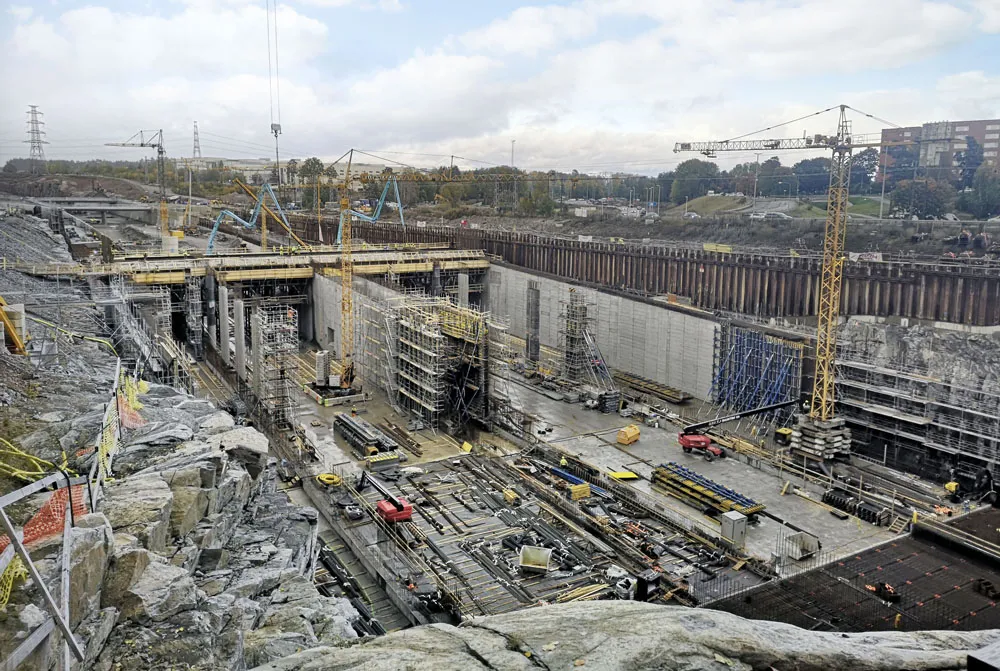In Hungary the national infrastructure development company, NIF, says that a new stretch of the M0 orbital between the number 1 road and the number 10 road will not to be constructed before 2020. An environmental permit for the project is expected to be granted in the second half of 2016. The new stretch will feature two lanes in both directions and will be 18km long. A budget for the project has yet to be announced.
July 3, 2014
Read time: 1 min
In Hungary the national infrastructure development company, NIF, says that a new stretch of the M0 orbital between the number 1 road and the number 10 road will not to be constructed before 2020. An environmental permit for the project is expected to be granted in the second half of 2016. The new stretch will feature two lanes in both directions and will be 18km long. A budget for the project has yet to be announced.







